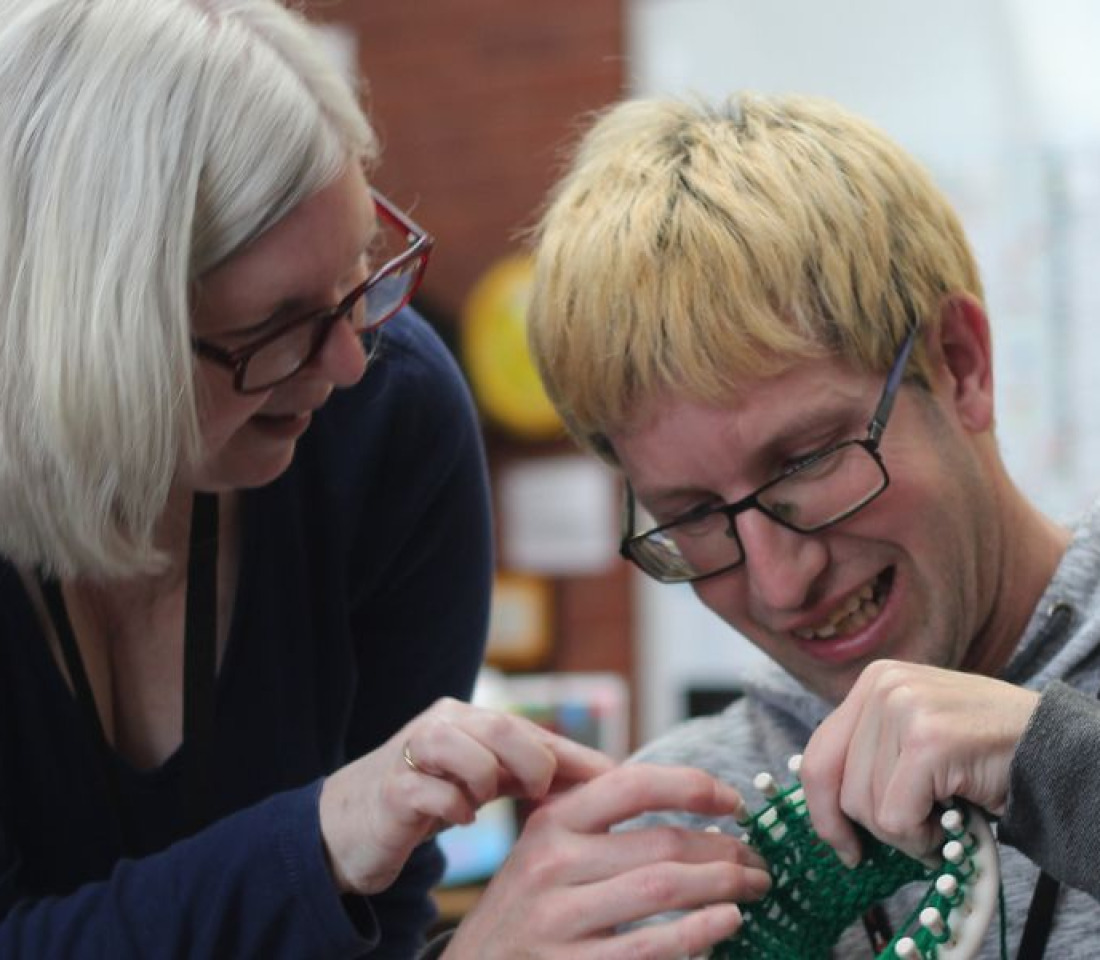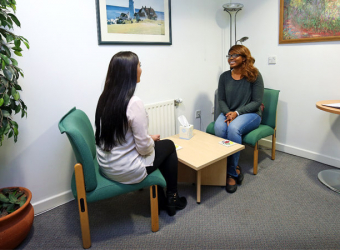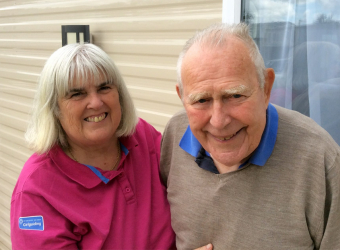What is Lewy body dementia?
Lewy body dementia is a progressive brain condition affecting thinking, movement and mood. It shares many symptoms with Alzheimer’s and in some cases, people diagnosed with Parkinson’s may go onto develop Lewy body dementia.
Due to the similarities between conditions, Lewy body dementia can be difficult to diagnose. It typically affects people between the ages of 60 and 70 and is the second most common form of dementia.
Currently there is no cure, but with support from charities like ours we can help you improve quality of life for you and your loved ones.
What causes Lewy body dementia?
Lewy body dementia is caused by proteins called Lewy bodies building up and clumping together in various parts of the brain.
The clumps tend to affect the parts of the brain that control vision, thinking and movement.
What are the symptoms of Lewy body dementia?
The symptoms of Lewy body dementia can be confused with those of other dementias. These symptoms include:
- Memory problems – forgetting names, repeating things and getting lost in conversation
- Confusion – struggling to understand a familiar routine, or difficulty making and carrying out plans
- Problems with thinking – difficulty concentrating or problem solving
- Speech difficulties – forgetting words and speaking slowly
- Mood changes – becoming anxious or depressed, or changes in behaviour.
Dementia is often thought to follow seven stages (commonly called the 7 stages of dementia), starting with no symptoms at first, to severe memory loss and daily challenges.
Unlike other forms, Lewy body dementia has two important differences that can appear in the early stages:
- A person with Lewy body dementia may experience visual hallucinations – seeing things when they’re not really there.
- Symptoms often come and go – a person can seem fine one minute and confused and disorientated the next.
















